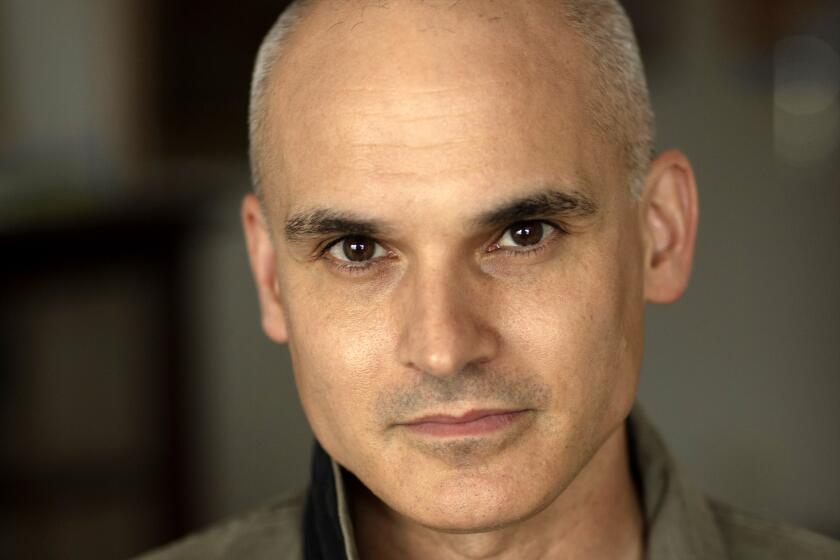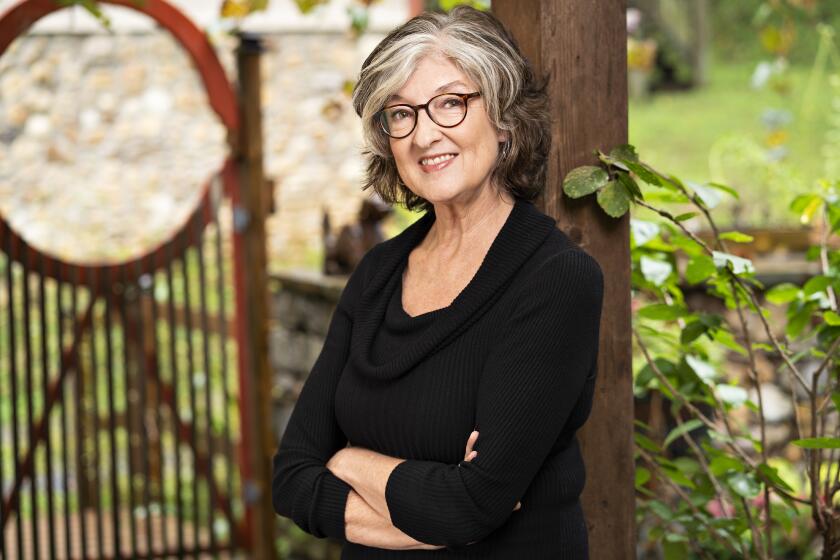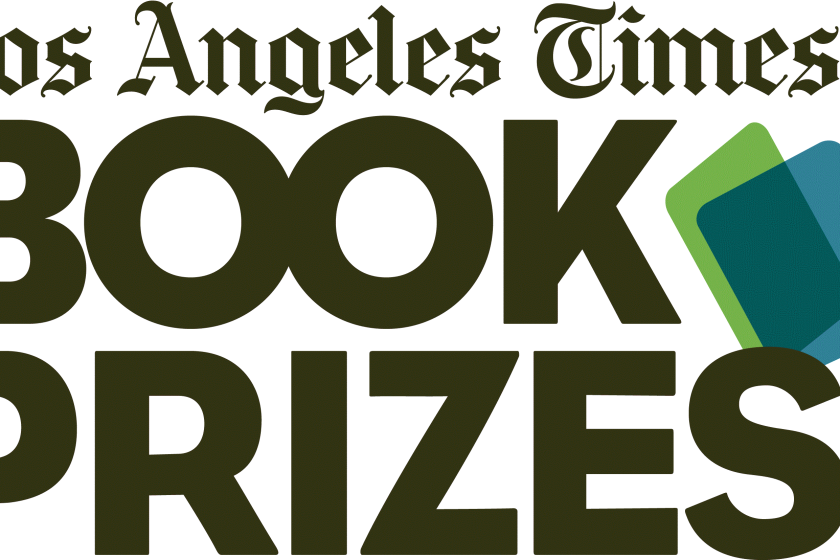Two novels share Pulitzer in fiction as ‘His Name Is George Floyd’ wins for nonfiction

- Share via
Two novels, “Demon Copperhead” and “Trust,” shared the Pulitzer Prize for fiction, while “His Name Is George Floyd” took home the nonfiction prize.
The winners and finalists for the 2023 Pulitzer Prizes in 23 categories across journalism and the arts were announced Monday afternoon via livestream, including authors of books in five categories — fiction, history, biography, poetry and general nonfiction.
Monday’s joint win by Barbara Kingsolver and Hernan Diaz is the first of its kind since the first fiction Putlizer was awarded in 1918 (then known as the novel category). Kingsolver’s “Demon Copperhead” recasts Charles Dickens’ “David Copperfield” as the story of a young boy living in rural Appalachia who encounters “poverty, addiction, institutional failures and moral collapse,” the Pulitzer committee wrote. “Trust” focuses on a financier who boosts his wealth during the stock market crash of 1929; the committee called the novel “a complex examination of love and power in a country where capitalism is king.” “The Immortal King Rao” by Vauhini Vara was a finalist for the 2023 award.
‘Trust,’ by Hernan Diaz, is a Rashomon-like concoction of four stories about a hollow great man — fascinating and assured, but ultimately deflating.
Robert Samuels and Toluse Olorunnipa’s “His Name Is George Floyd: One Man’s Life and the Struggle for Racial Justice,” won for nonfiction. The work delves deep into the life and ancestry of Floyd, who was murdered by Minneapolis police in 2020, revealing how racial inequities throughout history had shaped him.
In biography, the prize went to “G-Man: J. Edgar Hoover and the Making of the American Century,” Beverly Gage’s fresh close-up of the former longtime FBI director, which also won a 2022 L.A. Times Book Prize. New Yorker writer Hua Hsu’s personal coming-of-age story, “Stay True,” won for memoir, while Jefferson Cowie took home the history prize for “Freedom’s Dominion: A Saga of White Resistance to Federal Power.”
Hsu is the first winner in the new “Memoir or Autobiography” category, which the Pulitzer board added in June. Memoirs were previously submitted and judged within the biography category. But Marjorie Miller, administrator of the prizes, said the addition was made “at the urging of some nominating jurors.”
The poetry prize went to Carl Phillips for “Then the War: And Selected Poems, 2007-2020,” a collection that, according to the prize committee, “chronicles American culture as the country struggles to make sense of its politics, of life in the wake of a pandemic, and of our place in a changing global community.”
Journalism had a strong showing among the winning books: Samuels and Hsu both write for the New Yorker and Olorunnipa works for the Washington Post, of which Samuels is an alum.
In the reporting categories, the L.A. Times won two prizes, one for breaking news about a leaked secret audio recording that exposed racist comments from Los Angeles City Council members and another for feature photography — staff photographer Christina House’s feature on a young woman living unhoused in Hollywood.
The “Poisonwood Bible” author on her career and her new novel, “Demon Copperhead,” which reboots “David Copperfield” in opioid-ravaged Appalachia.
See the complete list of finalists in the books categories below.
Fiction
“Demon Copperhead,” Barbara Kingsolver
“Trust,” Hernan Diaz
“The Immortal King Rao,” Vauhini Vara
History
“Freedom’s Dominion: A Saga of White Resistance to Federal Power,” Jefferson Cowie
“Seeing Red: Indigenous Land, American Expansion, and the Political Economy of Plunder in North America,” Michael John Witgen
“Watergate: A New History,” Garrett M. Graff
Biography
“G-Man: J. Edgar Hoover and the Making of the American Century,” Beverly Gage
“His Name Is George Floyd: One Man’s Life and the Struggle for Racial Justice,” Robert Samuels and Toluse Olorunnipa
“Mr. B: George Balanchine’s 20th Century,” Jennifer Homans
Luis J. Rodriguez, Reginald Dwayne Betts, Adam Schiff among honorees
Memoir or Autobiography
“Stay True,” Hua Hsu
“Easy Beauty: A Memoir,” Chloé Cooper Jones
“The Man Who Could Move Clouds: A Memoir,” Ingrid Rojas Contreras
Poetry
“Then the War: And Selected Poems, 2007-2020,” Carl Phillips
“Blood Snow,” dg nanouk okpik
“Still Life,” Jay Hopler (posthumous)
General Nonfiction
“His Name Is George Floyd: One Man’s Life and the Struggle for Racial Justice,” Robert Samuels and Toluse Olorunnipa
“Kingdom of Characters: The Language Revolution That Made China Modern,” Jing Tsu
“Sounds Wild and Broken: Sonic Marvels, Evolution’s Creativity, and the Crisis of Sensory Extinction,” David George Haskell
“Under the Skin: The Hidden Toll of Racism on American Lives and on the Health of Our Nation,” Linda Villarosa
More to Read
Sign up for our Book Club newsletter
Get the latest news, events and more from the Los Angeles Times Book Club, and help us get L.A. reading and talking.
You may occasionally receive promotional content from the Los Angeles Times.









